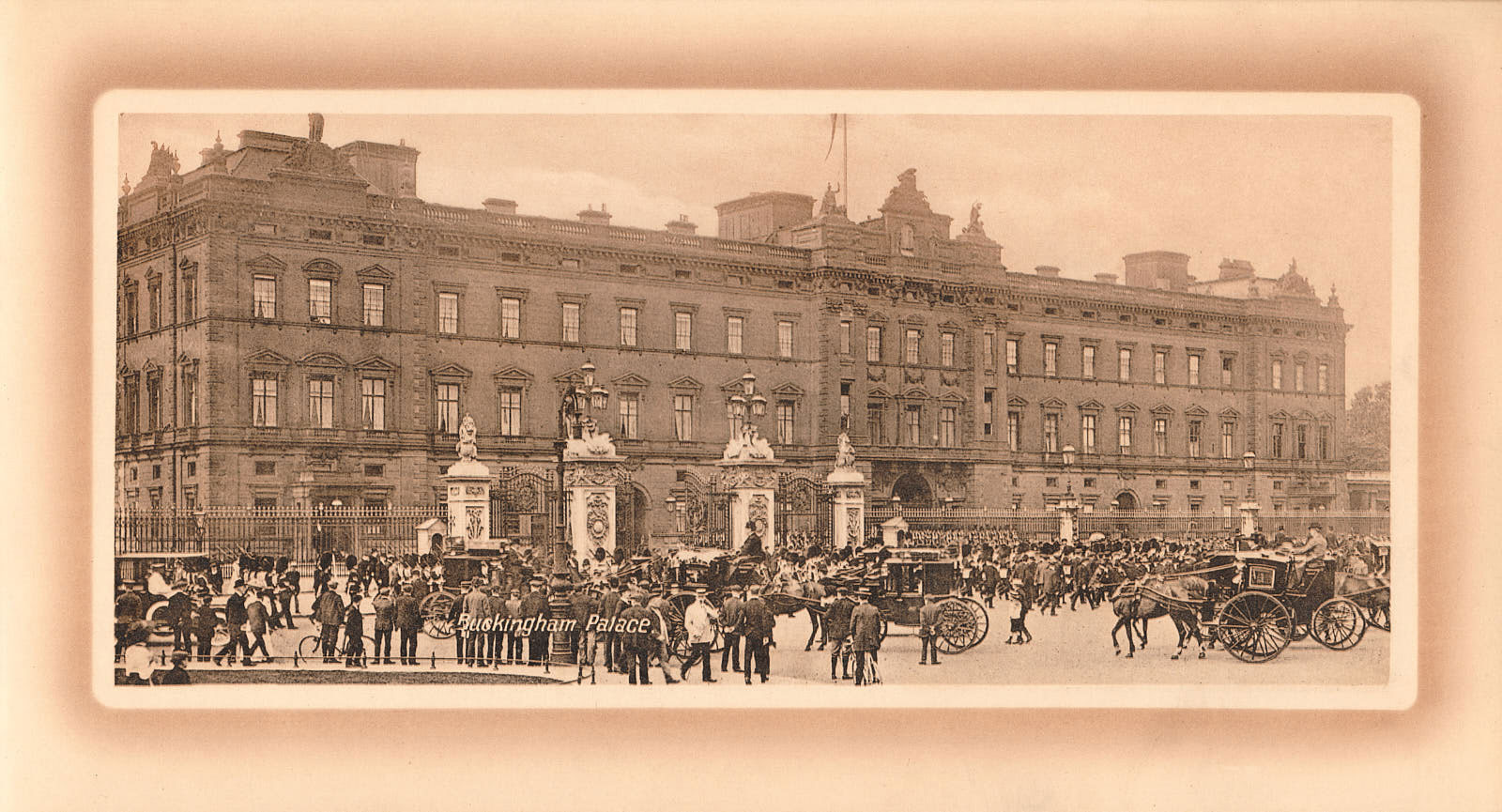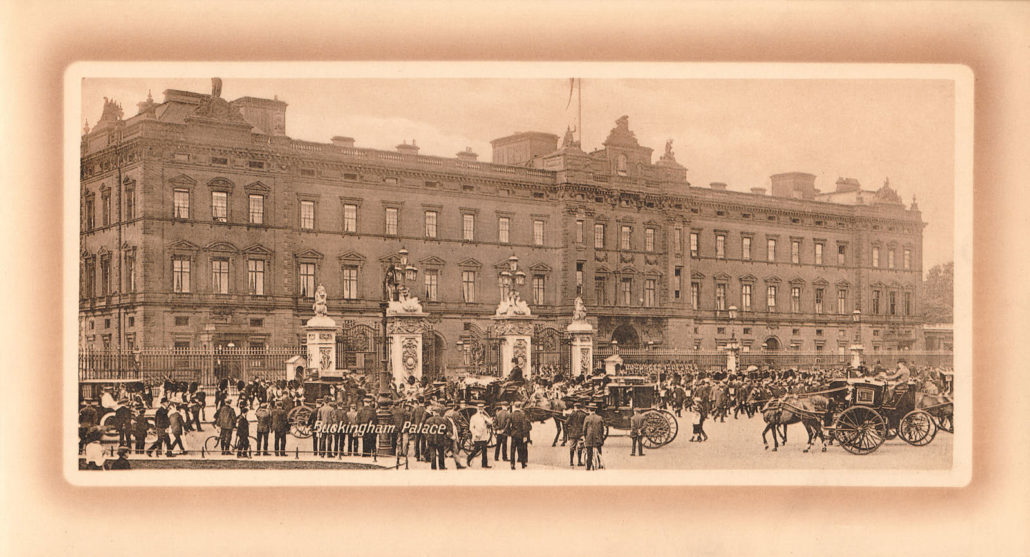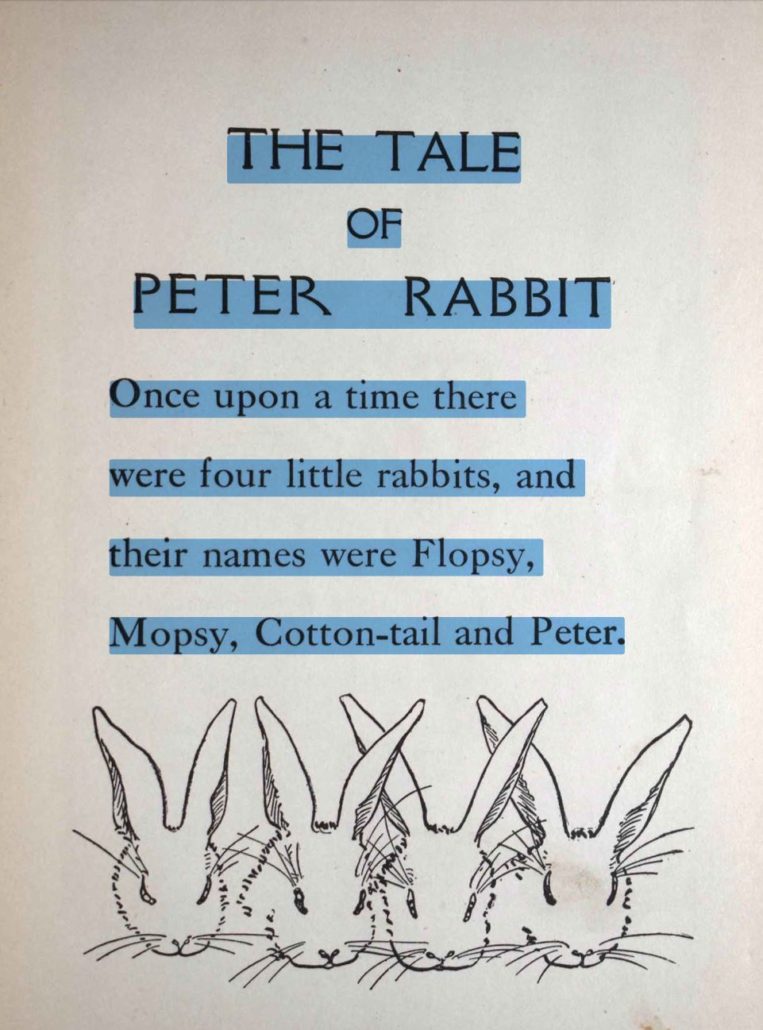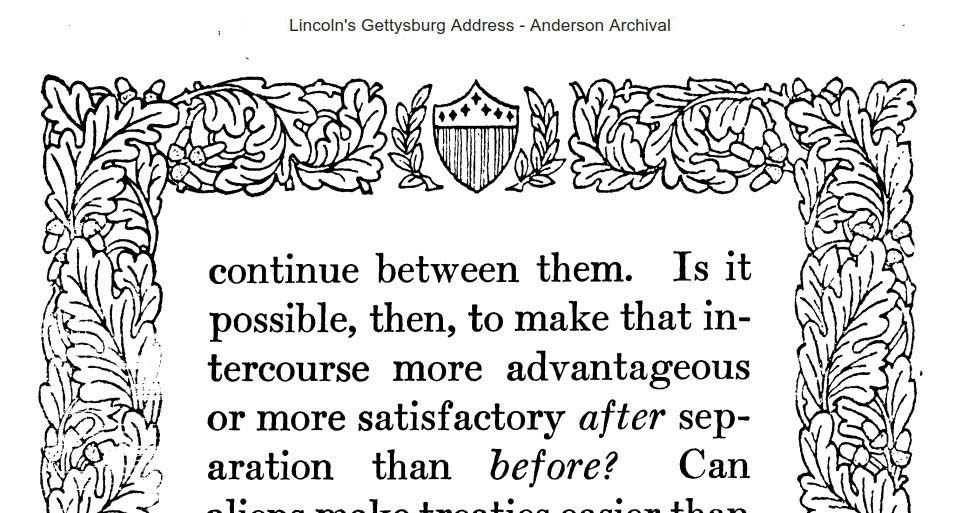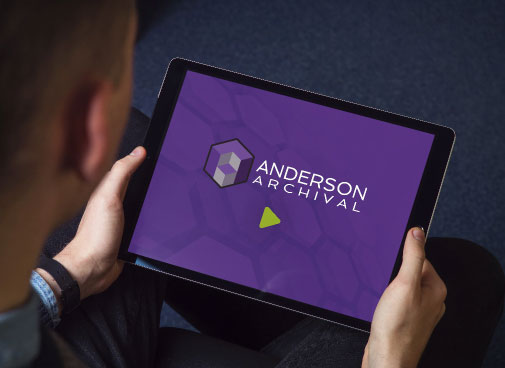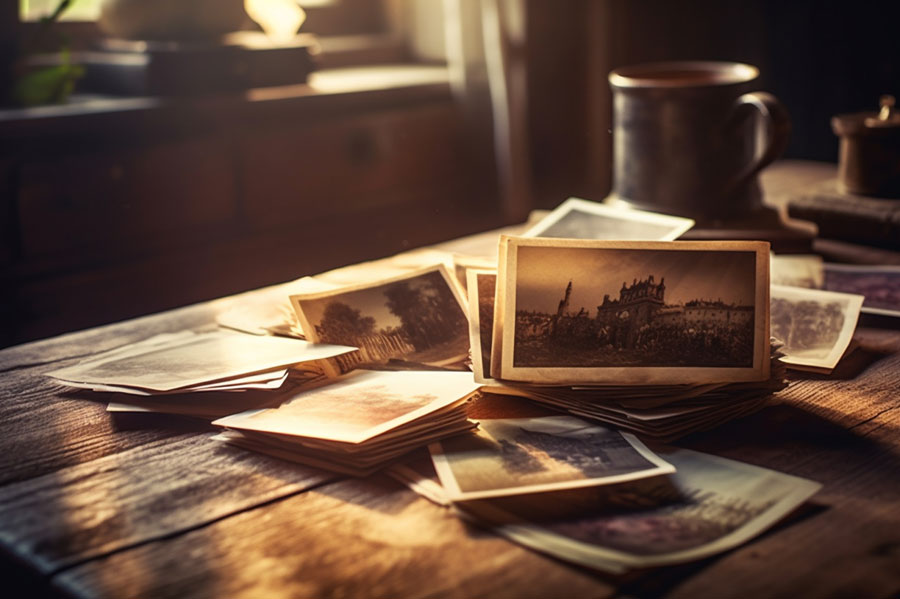Do your organization’s historical books or records need digitizing? Could you benefit from a searchable database of digitized documents?
Scanning then, digitally cleaning and watermarking those scans begins the digital preservation process. Once complete, optical character recognition (OCR) and detailed quality assurance can be performed. These steps create electronic libraries that will protect your documents for perpetuity.
The following post details the steps necessary to create a digital library from your original materials. At Anderson Archival, we tailor this process and every detail to the client and the collection.
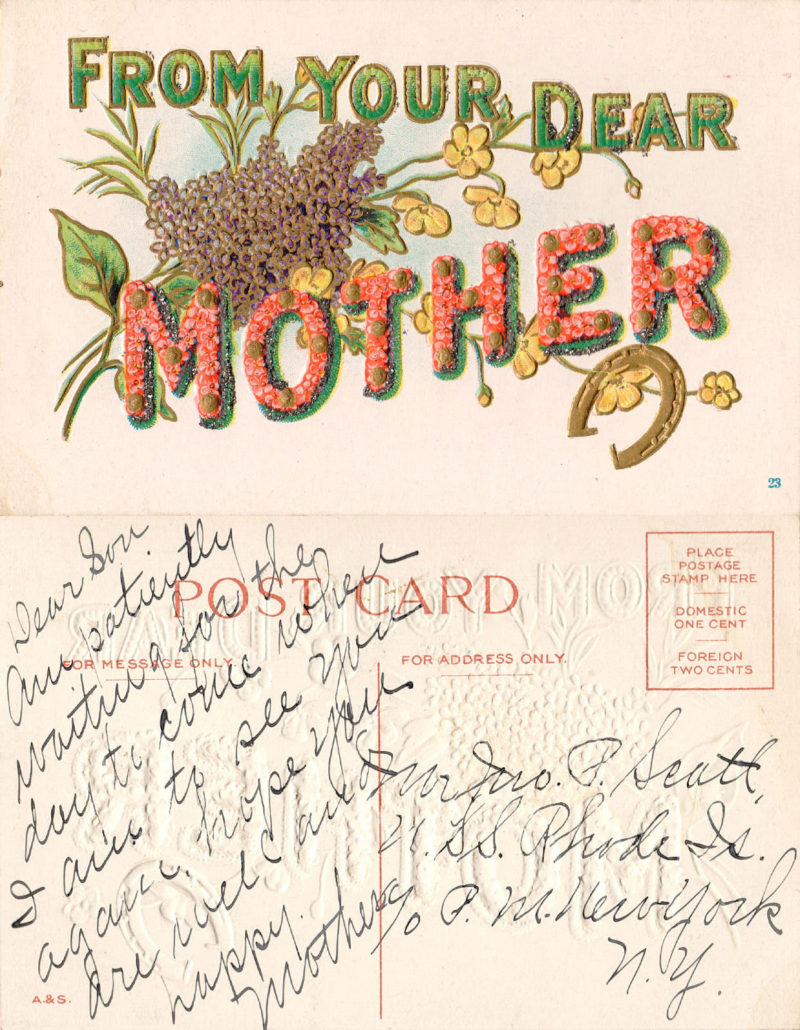
Dear Son
Am patiently waiting for the day to come when I am to see you again. Hope you are well and happy.
Mother
Mr. John P. Scott
U.S.S. Rhode Is.
c/o P. M. New York
N.Y.
Create Your Searchable Database
Images
Historical photographs and drawings are valuable to current and future generations. To preserve them digitally, scan these color and black-and-white images to retain the best quality possible.
Have mold or water marred your documents, or has someone written on the pages? After scanning them, digitizing teams can clean most pages to produce a readable document.
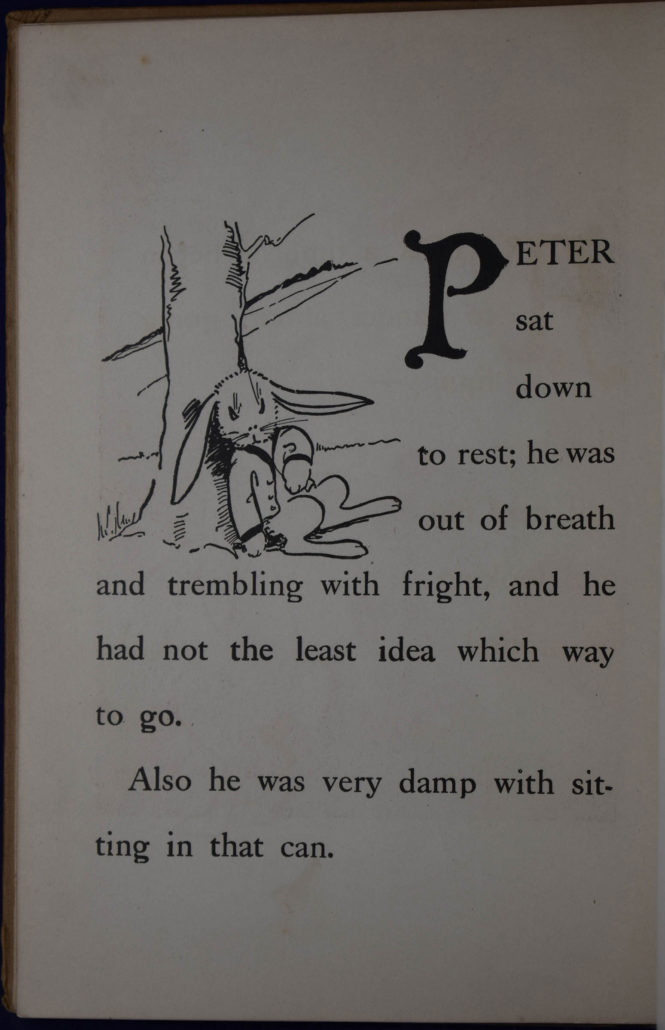
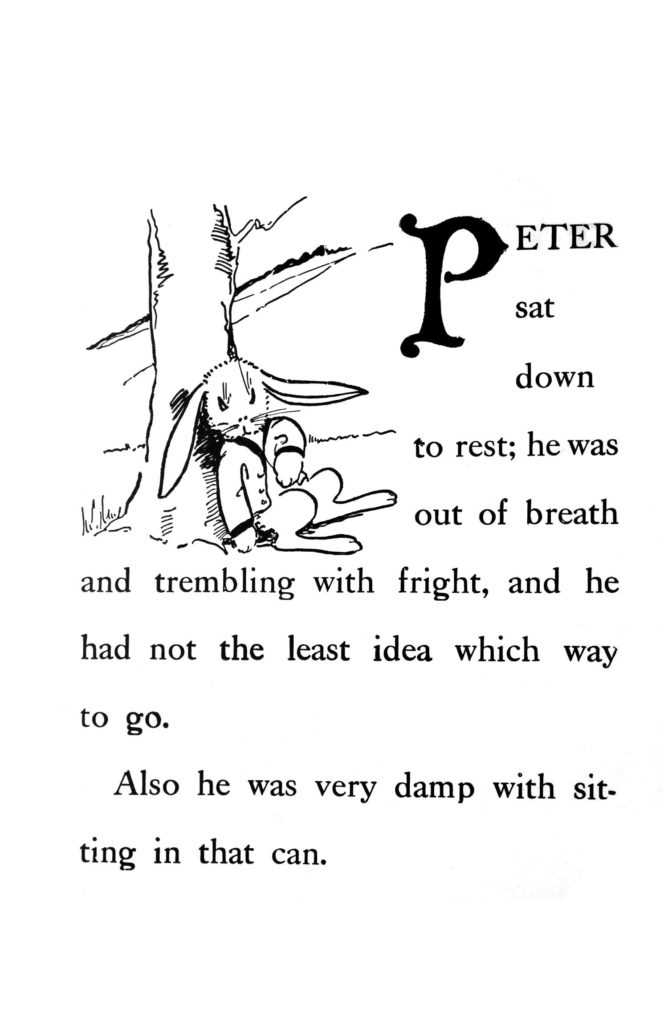
Optical Character Recognition
With typeset documents, special software using optical character recognition (OCR) processes the images and generates text output. Once a document is OCR’d, the text can be exported and made searchable via indexing. OCR analysis is not 100% accurate so our expert team can word-by-word proof the OCR against the original to ensure accuracy is maintained.
A searchable PDF is a common export option from the OCR process and combines the scanned page image with an underlying text layer for user interaction. You can search the entire file by keyword or page through it like a digital book.
Watermarking
Documents can be watermarked to make it easier to identify pages within a document or specific collection. Many clients also want their digital library watermarked for attribution and to protect the pages from being repurposed by unauthorized users.
Printed Books
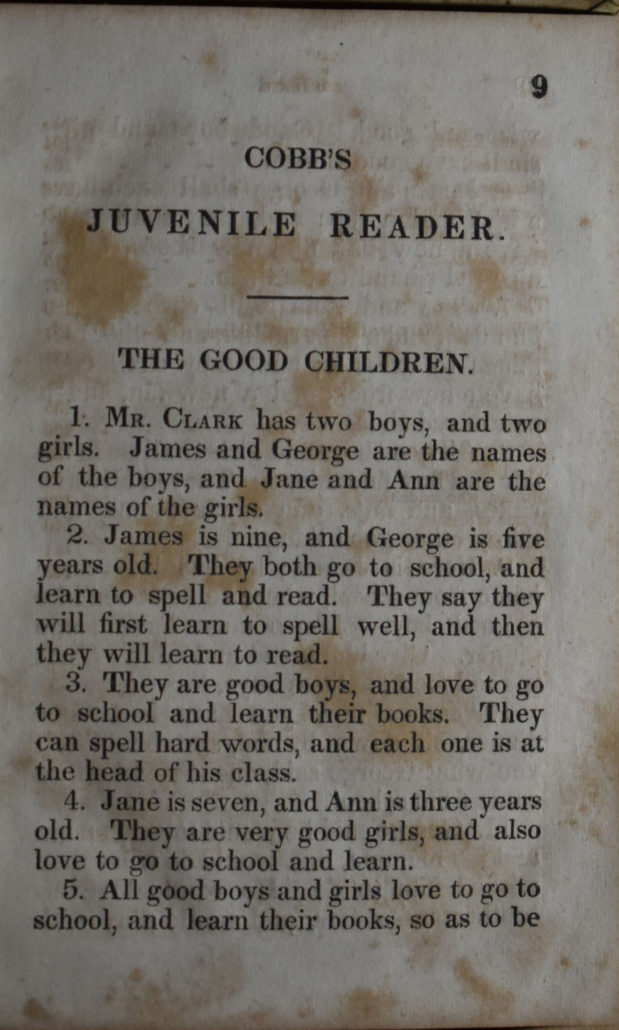
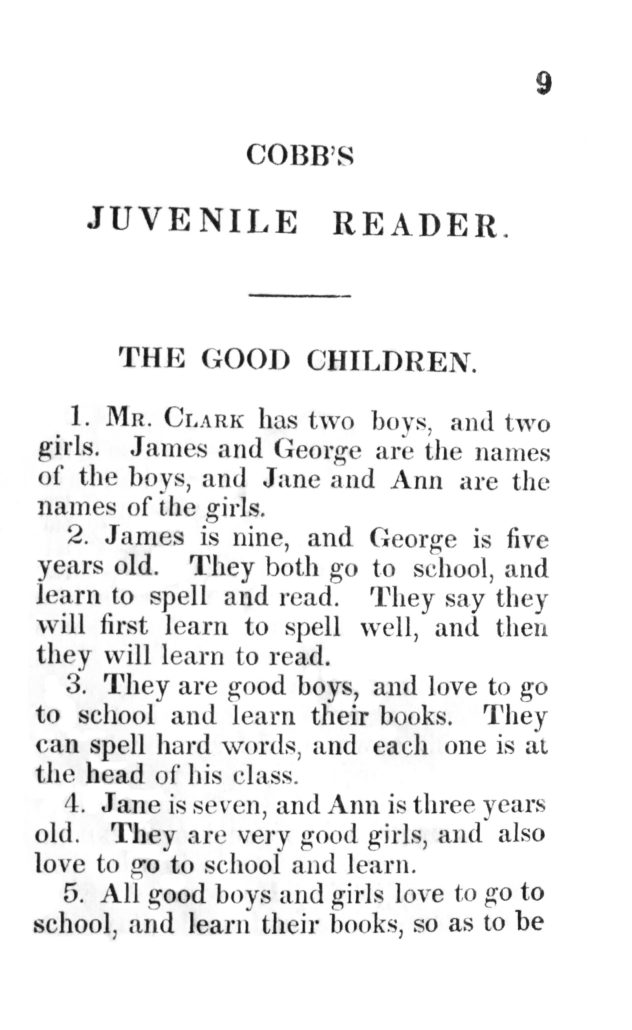
Preserving historical documents is incredibly important to us. If you have a book or collection in especially poor condition that you would like reproduced as a hard copy, we can digitally remaster it, and then print and bind it to your specifications.
Storage on the Cloud
Cloud storage is a resource we offer through our parent company, Anderson Technologies. Your collection can be saved forever from destruction by storing it in the cloud.
There are many levels to digitizing historical documents, and there are many different options for saving your collection, depending on your needs. We can save the restored documents on an external repository or create an entirely new website, private online database, or custom web application just for you!
As technology changes, Anderson Archival will even keep your collection up to date, guaranteeing accessibility for the future. Securing and digitizing your collection is our top priority—let us help you with your document digitization!
If you would like more information on how we can create your digital library, please give us a call at 314.259.1900 or e-mail us at info@andersonarchival.com.


